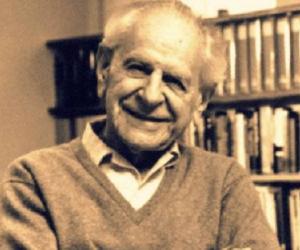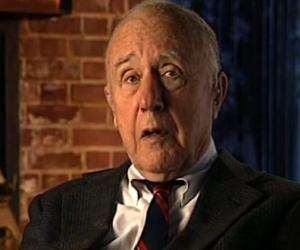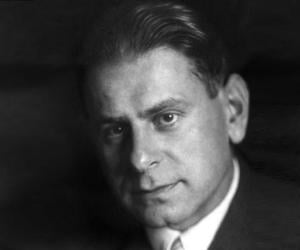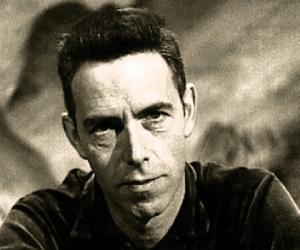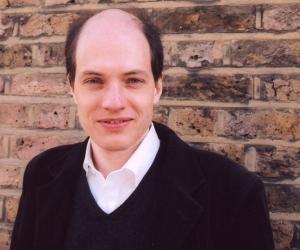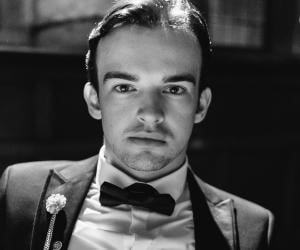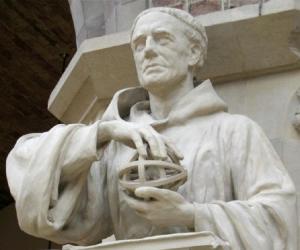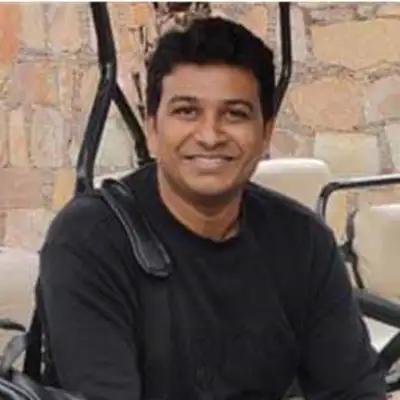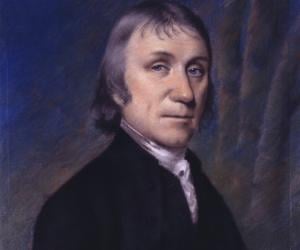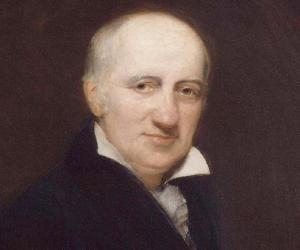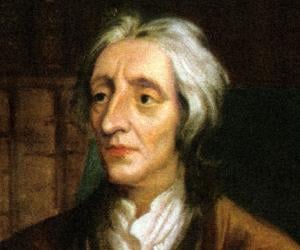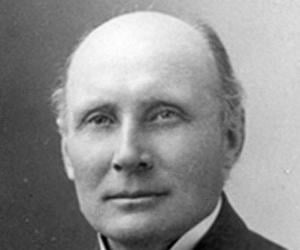Born In: Vienna, Austria
Karl Popper
Karl Popper was an Austrian-British philosopher and social commentator who is considered as one of the most significant philosophers of science of the 20th century. A self-professed critical-rationalist, he adopted a falsificationist methodology in his works and rejected the classical inductivist views on the scientific method. Also a political philosopher, he supported liberal democracy and the principles of social criticism which he believed were essential for an open society to thrive. Born into an educated upper-middle-class family, he had a “decidedly bookish” upbringing. He was academically inclined and proceeded to earn a doctorate in psychology. Interested in a teaching career from a young age, he began teaching in a secondary school. Eventually, he was able to procure the post of lecturer in philosophy at Canterbury University College in New Zealand. He later moved to London and remained intellectually active for the rest of his life even after his retirement. He is credited with coining the term "critical rationalism" to describe his philosophy. He claimed to have solved the philosophical problem of induction. He considered knowledge to be objective and proposed what is today known as Popper’s Three Worlds, a way of looking at reality. He was conferred with numerous awards and honors for his contribution to philosophy.
Born In: Vienna, Austria
